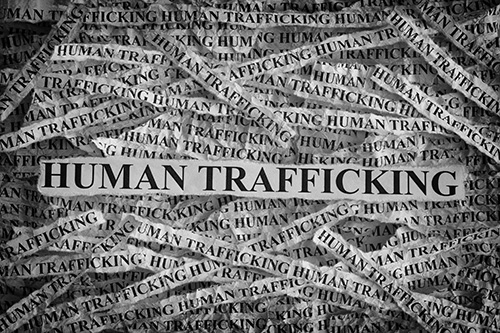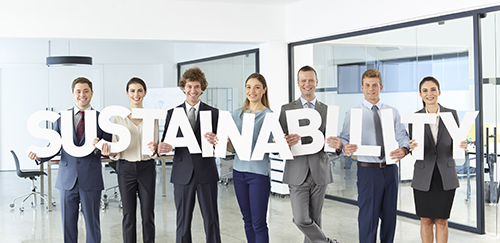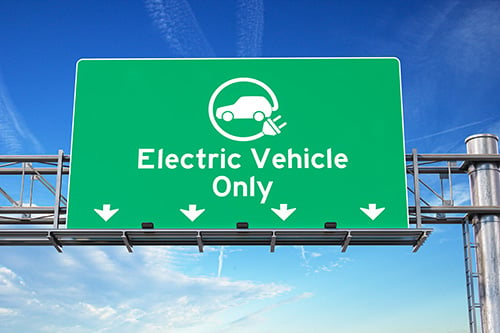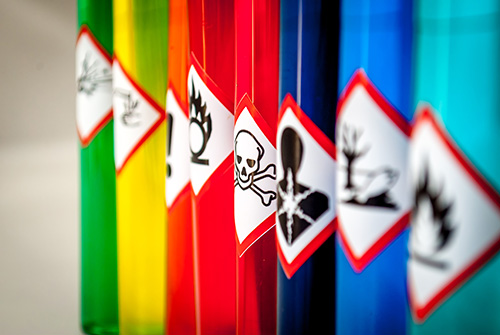Planning has already begun for the virtual 2021 IMDS & Product Chemical Compliance Conference. Be sure to save the date: October 19–20, 2021.
Read MoreFree! Copper Mark Webinar
Free for both AIAG members and non-members, AIAG’s latest webinar recording is now available at the AIAG Store.
Read More
Forced Labor and Human Trafficking: Four Regulatory and Legislative Trends Business Should Watch
Governments are increasingly scrutinizing human trafficking and forced labor abuses in private sector operations. In addition to the moral imperative to address these abuses, businesses should be on alert given the significant disruptions in supply chains that government regulation may cause, resulting in potential economic, legal, and/or reputational harm. Apparel, food and beverage, technology, and financial services companies in particular should closely monitor and prepare for global regulatory developments.
Read More
Since the launch of the Sustainable Development Goals (SDGs) in 2016, the role of the private sector in fulfilling the 2030 Agenda has been widely acknowledged, as set out under SDG 12. Yet to assess how companies are actually contributing towards these Global Goals, we need greater transparency on their impacts.
Read More
Register soon for this year’s two-day event to hear from our incredible lineup of speakers on everything from responsible materials sourcing and reporting prioritization to decarbonizing in logistics, climate change and more!
Read More
This year’s virtual 2021 CR Summit is fast approaching! Have you secured your spot yet?
With less than one month to go, we’re busy putting the final touches on our agenda and looking forward to a fantastic lineup of speakers and presentations for this year’s two-day virtual event.
Read More
2021 March 23 Future Automotive Expert Webinar
Registration is open for the March 23 Future Automotive Expert Webinar — Electrification Impact.
In January, GM announced its strategy to eliminate gasoline and diesel light-duty vehicles as it plans for an all-electric future. Other automakers tied to the internal combustion engine (ICE), such as Jaguar Land Rover and Ford, have announced similar plans.
Read More
EU REACH: 2020 SVHC Roadmap Launched
As part of the SVHC 2020 Roadmap launched by the Council of the EU in 2013, all relevant, currently known substances of very high concern have been identified and included on the Candidate List. Systematic screening of registered substances has been key in identifying new chemicals of concern.
Read More2020 began with companies making new commitments to sustainability, looking to do their part to achieve the SDGs and the goals of the Paris Agreement over the course of the Decisive Decade. Then, we found ourselves in the throes of the COVID-19 pandemic, government lockdowns, and the resulting economic downturn.
Read More2021 Virtual AIAG Corporate Responsibility Summit
The Virtual AIAG Corporate Responsibility Summit is back! This year’s two-day virtual event on April 14–15, 2021, offers attendees the latest insights and industry information on today's ESG concerns. The first day (Wednesday, April 14) offers insights on a wide range of environmental issues. Thursday’s session focus on human rights, sustainability, conflict minerals, and more.
Read More











